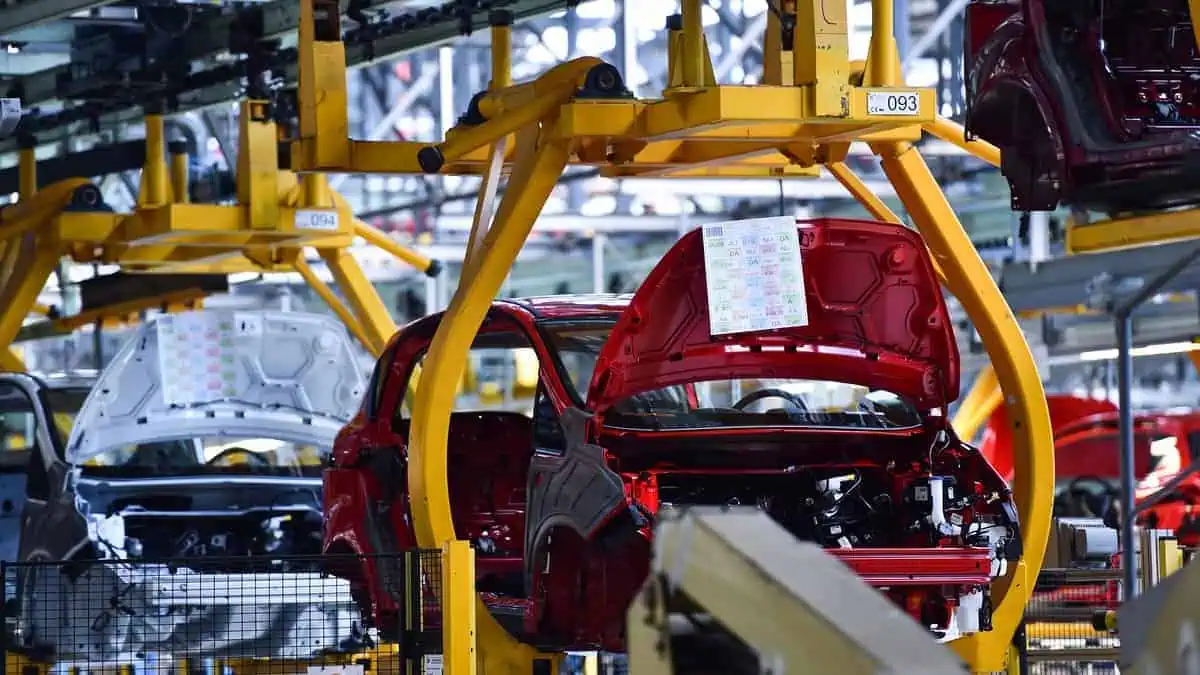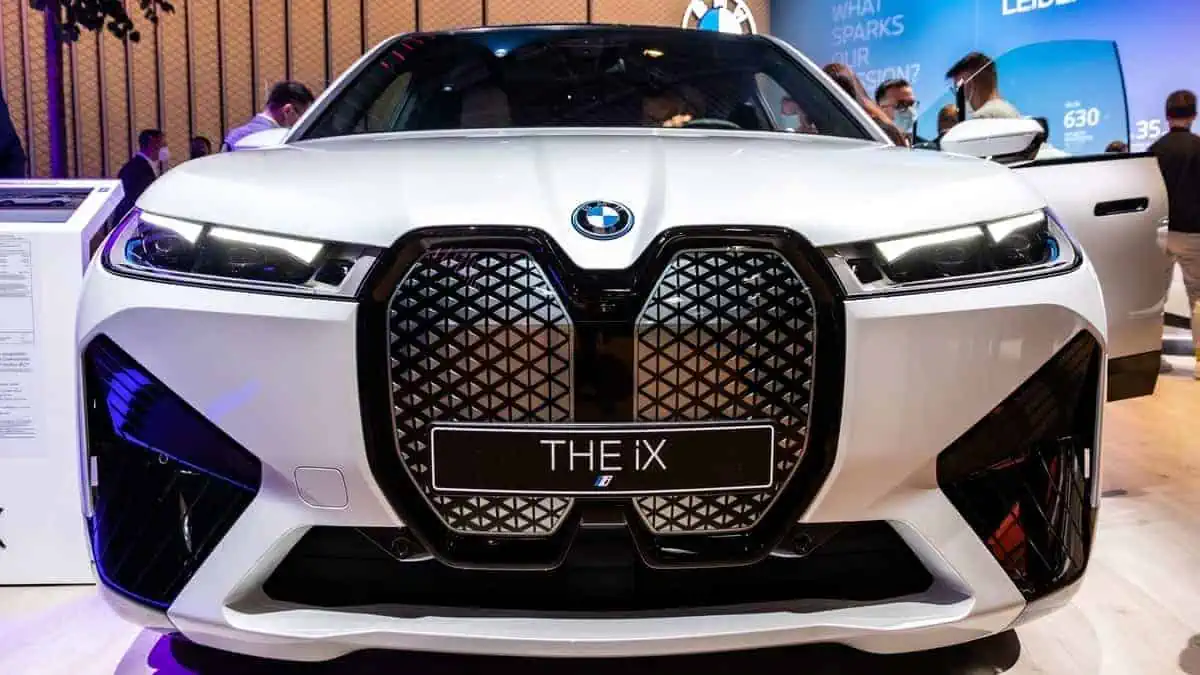On Thursday, the US Department of Energy announced plans to provide a substantial $12 billion financial aid for automakers aiming to convert their conventional vehicle factories to electric vehicle production under the “Domestic Conversion Grant Program.”
Of that total, the larger $10 billion will be in the form of loans. Meanwhile, the other $2 billion will be in grants. It must also be noted that these financial aids are under Biden’s 2022 Inflation Reduction Act.
The US Government expects this funding to boost job creation and solidify local EV supply chains, SME reports.
“President Biden is investing in the workforce and factories that made our country a global manufacturing powerhouse. Today’s announcements show that President Biden understands that building the cars of the future also necessitates helping the communities challenged by the transition away from the internal combustion engine.”
Jennifer M. Granholm, US DOE Secretary
DOE allocates $3.5B for local battery production
Apart from the $12 billion in funding, the Energy Department will also offer another $3.5 billion for projects related to local battery production under the Bipartisan Infrastructure Law.
Through this initiative, the US Government aims to advance its position as the leading electric vehicle and battery industry.
“For a hundred years, America has been home to the best automakers in the world. We have got to be using their will and their skill to dominate the global EV market.”
Jennifer M. Granholm, US DOE Secretary
US President seeks UAW’s endorsement
The move is apparently the White House’s response to the United Auto Workers’ protest against the declining job wages amid the EV transition.
As a result, the government expects this strategy to sustain job opportunities in areas that have long been focused on the automotive industry.
In addition, the Domestic Conversion Grant Program aims to maintain “collective bargaining agreements” and encourage a competitively paid hourly production workforce. Remarkably, the DEO prioritizes companies with current high-wage models for the grants.
“We are glad to see the Biden Administration doing its part to reject the false choice between a good job and a green job. This new policy makes clear to employers that the EV transition must include strong union partnerships with the high pay and safety standards that generations of UAW members have fought for and won.”
UAW President Shawn Fain
How can it boost the US EV industry?
These major government efforts can aid the US in pushing its EV sales to dominate two-thirds of the new car sales by 2032, the Environmental Protection Agency suggests.
It will ensure competitive working conditions for US citizens, such as high wages and maintaining bargaining deals.
It is also worth noting that the DOE will not impose particular standards for the announced funding, The Hill reports, citing the director of the office of energy jobs.
See Also:
- White House commits $2 billion in grants to drive US electric vehicle transition
- US Department of Energy grants Solid Power over $5 million for Solid State batteries
- Energy Department grants $74 million for battery reuse and recycling
- California Energy Commission grants Aptera $21M to produce solar EVs
- IRA boosts US Solar and Storage industry by more than $100B
There is no doubt that the transportation sector is the largest source of carbon emissions in the US, as noted by the Congressional Budget Office’s December report.
Therefore, these kinds of government initiatives are crucial to mitigate global warming. Moreover, it will also facilitate fair treatment to workers who previously suffered from declining wages as automakers allocate more funds for their electrification strategies.






